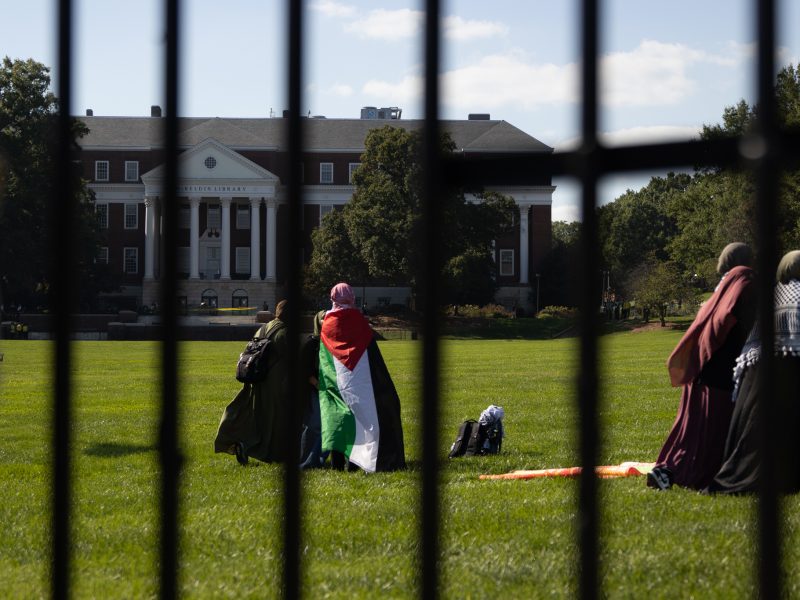
Senior government and politics major
Massive, wide-scale surveillance on cellphones and the Internet has been confirmed.
Edward Snowden revealed that our federal government’s National Security Agency is running wide-scale surveillance of the American population through a program called PRISM. And with the recent convictions for Army Pfc. Bradley Manning, it is clear the government is trying to crack down on whistle-blowers.
In an interview with The Guardian, Snowden said, “The reality is that, due to the FISA Amendments Act and its section 702 authorities, Americans’ communications are collected and viewed on a daily basis on the certification of an analyst rather than a warrant. They excuse this as ‘incidental’ collection, but at the end of the day, someone at NSA still has the content of your communications.”
In other words, the NSA collects both the records and actual content of these interactions and has a lax system for obtaining warrants.
This program information leak is arguably the most substantial in our country’s history.
I find the credibility of the federal government in deciding what is necessary to prevent “terrorism” questionable. First, terrorists with weapons of mass destruction that didn’t exist got us into Iraq. Second, I see no need to basically sweeping up all communication for storage; with the level of our technology, there has to be a more efficient way. Third, others in the past, such as NSA whistle-blower William Binney, have gone to their proper superiors to report their concerns about questionable practices but have only been ignored, and flagged by the NSA. Clearly, the NSA would have no interest in ceasing PRISM.
Unfortunately, we have a Congress that would authorize this sort of behavior and defend it, despite having taken oaths to defend the Constitution.
I direct you to the Fourth Amendment: “The right of the people to be secure in their persons, houses, papers, and effects, against unreasonable searches and seizures, shall not be violated, and no Warrants shall issue, but upon probable cause, supported by Oath or affirmation, and particularly describing the place to be searched, and the persons or things to be seized.”
Because the warrant process is practically worthless and Americans’ data are being collected in a nonparticular manner, it seems PRISM violates the Fourth Amendment.
I’m not justifying this argument based on a piece of parchment called the Constitution; I’m justifying it on the basis that the freedoms once recognized by our country are now being readily disposed of in the name of “counterterrorism.”
In that case, the terrorists have won. The terrorists have provoked us and have struck a fear so strong that it threatens to destroy us from within.
So, what now?
Democrats: Your party once despised the George W. Bush administration’s policies of war and wiretapping. President Obama’s administration and subsequent agencies should be feeling the pressure from all of us — don’t be pacified by a Democratic president.
Republicans: Once again, we see a rift between neoconservatives and libertarians. The Republican Party throughout the 20th century advocated for noninterventionist policy. Former President Dwight Eisenhower warned of the military-industrial complex, and Bush ran in 2000 on a humble foreign policy of nonintervention. Where is that party today?
Libertarians: You were right on this one. But is that even a good thing?
Tommy Creegan is a senior government and politics major. He can be reached at creegant@terpmail.umd.edu.


